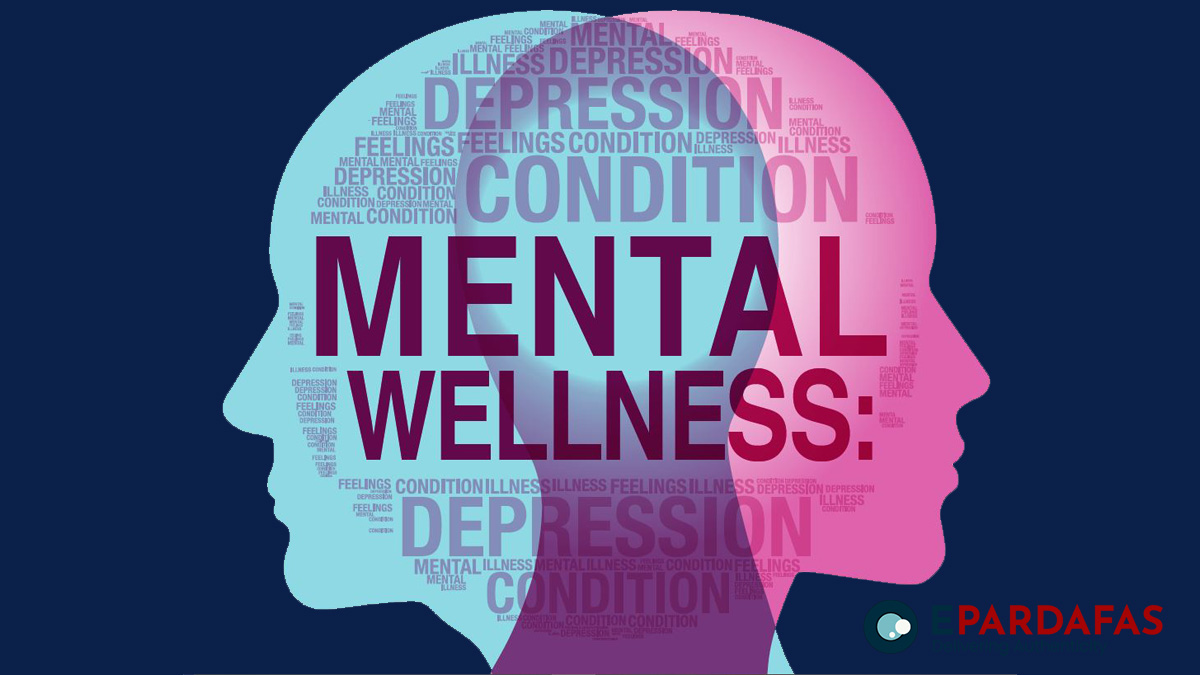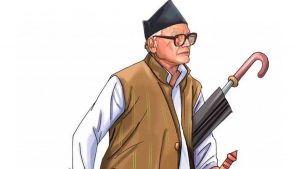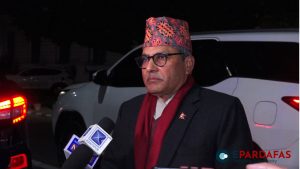
Increasing Mental Health Resources Imperative to Care for Mental Illness
In a society where mental health issues often remain hidden, the critical need for enhanced mental health resources is becoming evident as stories like that of Maya Adhikari and Sita (names changed) shed light on the importance of comprehensive support systems.
Maya Adhikari, a 25-year-old single mother from Waling-7, has been shouldering the responsibilities of her family single-handedly since her spouse left for a foreign job and stopped supporting them financially. The weight of this responsibility took a toll on her mental health, leaving her feeling isolated and overwhelmed. “I feel like I’m split after the person who was supposed to be my lifelong companion has become a complete stranger,” she shared.
Her journey towards healing began when she sought psycho-social counseling through the safer migration (SaMi) program. Maya’s experience underscores the transformative power of psychosocial counseling. “The days were so depressing, but now I am gradually recovering from the situation after getting psychosocial counseling. I have found the courage to live a life as I have realized that it does not end at a single point but offers us many alternatives to make it meaningful,” she explained.
Contrary to traditional allopathic medicine, Maya found that psychosocial counseling provided her with the tools to overcome her challenges. The counselors from the SaMi program reached out to her and offered counseling at her home, along with financial literacy awareness. Through this, she learned to save money, becoming economically independent by saving Rs 5,000 per month.
Sita, also from the same municipality, shares a similar story. A family dispute led to her depression as her husband, a foreign migrant employee, grew distant and reduced his support. After giving birth to their daughter, he started ignoring her and even took their son away from her. Combining psychosocial counseling with medication, she’s on a path to recovery.
The prevalence of mental illness in Nepal is a growing concern. The World Health Organization (WHO) indicates that over 4 percent of Nepal’s population is currently experiencing a mental disorder, with an additional 5.2 percent in the 13-18 age group. The COVID-19 pandemic exacerbated the situation.
Globally, mental health disorders, particularly anxiety and depression, have surged due to the pandemic. Nepal is no exception, with adverse economic and political conditions contributing to the rise in mental health issues. The consequences are dire, as suicide ranks as the fourth leading cause of death among the 15-29 age group. Severe mental health conditions also lead to premature deaths due to preventable physical conditions.
Despite the evident need for mental health support, Nepal faces challenges in providing adequate care. Experts attribute this to stigma, lack of awareness, and limited resources. WHO’s assessment of Nepal’s mental health situation underscores the scarcity of qualified professionals in the field. With only 144 psychiatrists and around 30 psychologists in private practice, the gap between professionals and those in need is widening.
Government priorities also play a role in this crisis. Experts criticize the government’s minimal focus on mental health as a major factor contributing to the underdeveloped mental health care system. Organizations like Transcultural Psychosocial Organisation Nepal (TPO Nepal) are stepping in to address the gaps. They collaborate with health institutions and health workers to provide psychosocial counseling to those in need.
To improve the mental health landscape, it is imperative that the government takes proactive steps to prioritize mental health resources, provide comprehensive training for mental health professionals, and ensure access to counseling and medication for those in need. The stories of Maya Adhikari and Sita serve as poignant reminders of the profound impact that adequate mental health support can have on individuals and their families.
Tolakanta Bagale, RSS













Comments